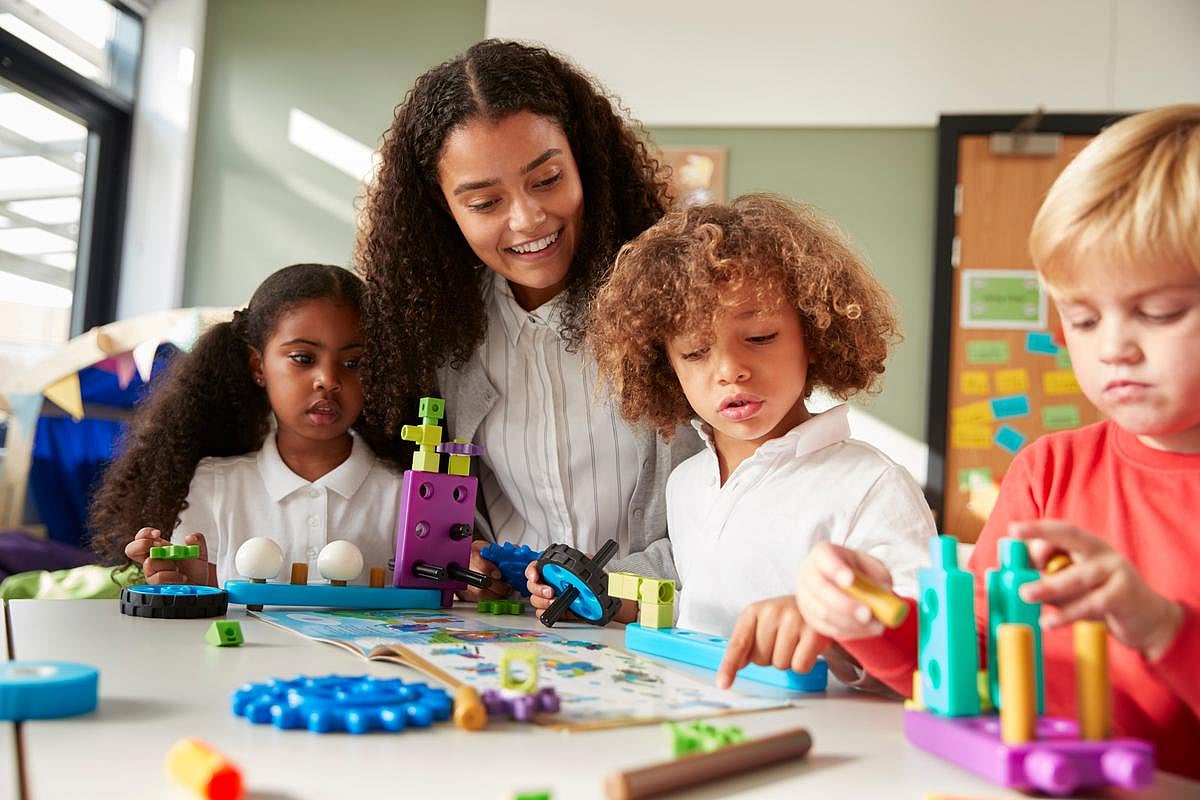Get Healthy!

- Carole Tanzer Miller
- Posted November 20, 2024
Child-Teacher Bond in Early Education Could Have Lasting Impact
Fostering good relationships with teachers in the early grades may have long-lasting benefits, new research suggests.
"These early connections significantly influence not only academic achievement, but also social and emotional development and executive functioning skills, which are critical for educational success," said researcher Arya Ansari, an associate professor of education and human ecology at Ohio State University.
He and his team looked at data from a continuing study of kindergarten students launched in 2010-11.
While it included data on the home and school experiences of kids through fifth grade, the focus of this review was on children through grade 3. That's because teachers of fourth- and fifth-graders did not report on their relationships with students.
The studies show it's important for teachers across the early grades to forge strong ties with students.
That means establishing close and conflict-free relationships, Ansari said, calling on school administrators and parents to work with teachers so they are able to cultivate these relationships.
Relationships formed as early as kindergarten matter through the end of third grade, the study found, and may have a significant benefit for child development and learning.
The findings were published Nov. 20 in the journal Child Development.
"The most surprising finding is the consistency with which student-teacher relationships mattered for a broad range of outcomes across different student populations, both in the short- and long-term," he said in a journal news release.
While all kids benefited from close ties to their teachers, researchers said girls tended to fare worse socially than boys when faced with conflict and less closeness with their teachers.
Ansari urged teachers to encourage students to communicate openly and to listen actively to them. To build strong relationships, teachers should validate kids' emotions and encourage collaboration, Ansari added. Bonds are also built by fostering students' individual interests, the study showed.
He said the findings are a starting point for exploring how different aspects of teacher-student relationships shape learning and how these relationships vary in different populations and settings.
More information
The American Psychological Association has tips for improving student-teacher relationships.
SOURCE: Society for Research in Child Development, news release, Nov. 20, 2024







